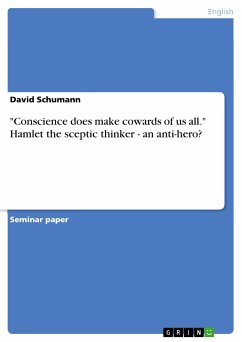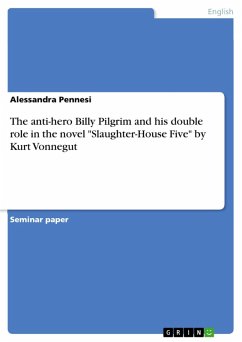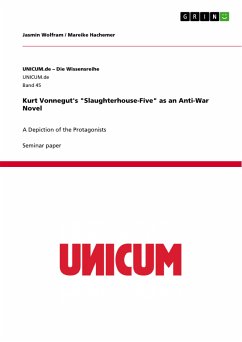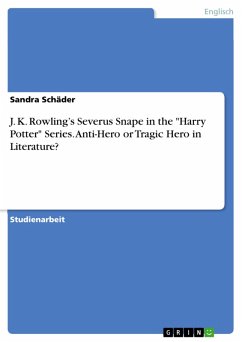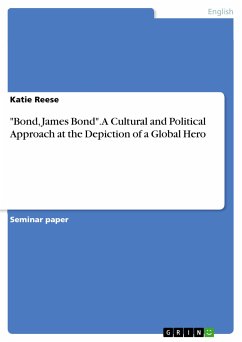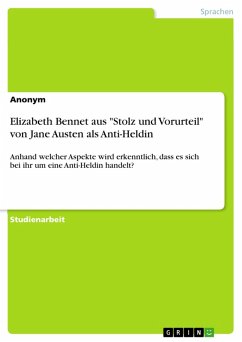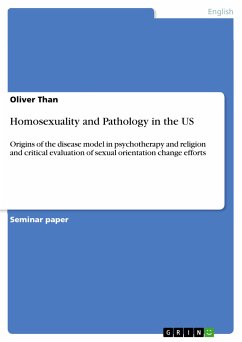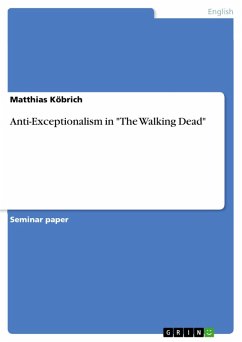Seminar paper from the year 2013 in the subject English Language and Literature Studies - Comparative Literature, grade: 1,0, Johannes Gutenberg University Mainz, language: English, abstract: As the protagonist of Shakespeare's play Hamlet, the young Hamlet, Prince of Denmark, is popularly considered a heroic figure, revenging the murder of his father who was poisoned by Claudius, Hamlet's uncle. He appears to be an archetypical Renaissance figure, a versatile character that contains something of everything within him: "He is the sophisticated thinker and the powerless politician; the resentful child and the sober student; the moral Puritan and the deranged Prince; the witty murderer and the cold-blooded jester." Since Michael Davies speaks of Hamlet's supposed renaissance variety "as a compendium of selves" and therefore of a rather "modern man of no fixed identity", we will in the context of this work examine the question whether Hamlet could be considered an anti-hero by pointing out certain traits of his introverted nature and the significant impact of self-reflection on Hamlet's behaviour throughout the play.
Dieser Download kann aus rechtlichen Gründen nur mit Rechnungsadresse in A, B, BG, CY, CZ, D, DK, EW, E, FIN, F, GR, HR, H, IRL, I, LT, L, LR, M, NL, PL, P, R, S, SLO, SK ausgeliefert werden.

